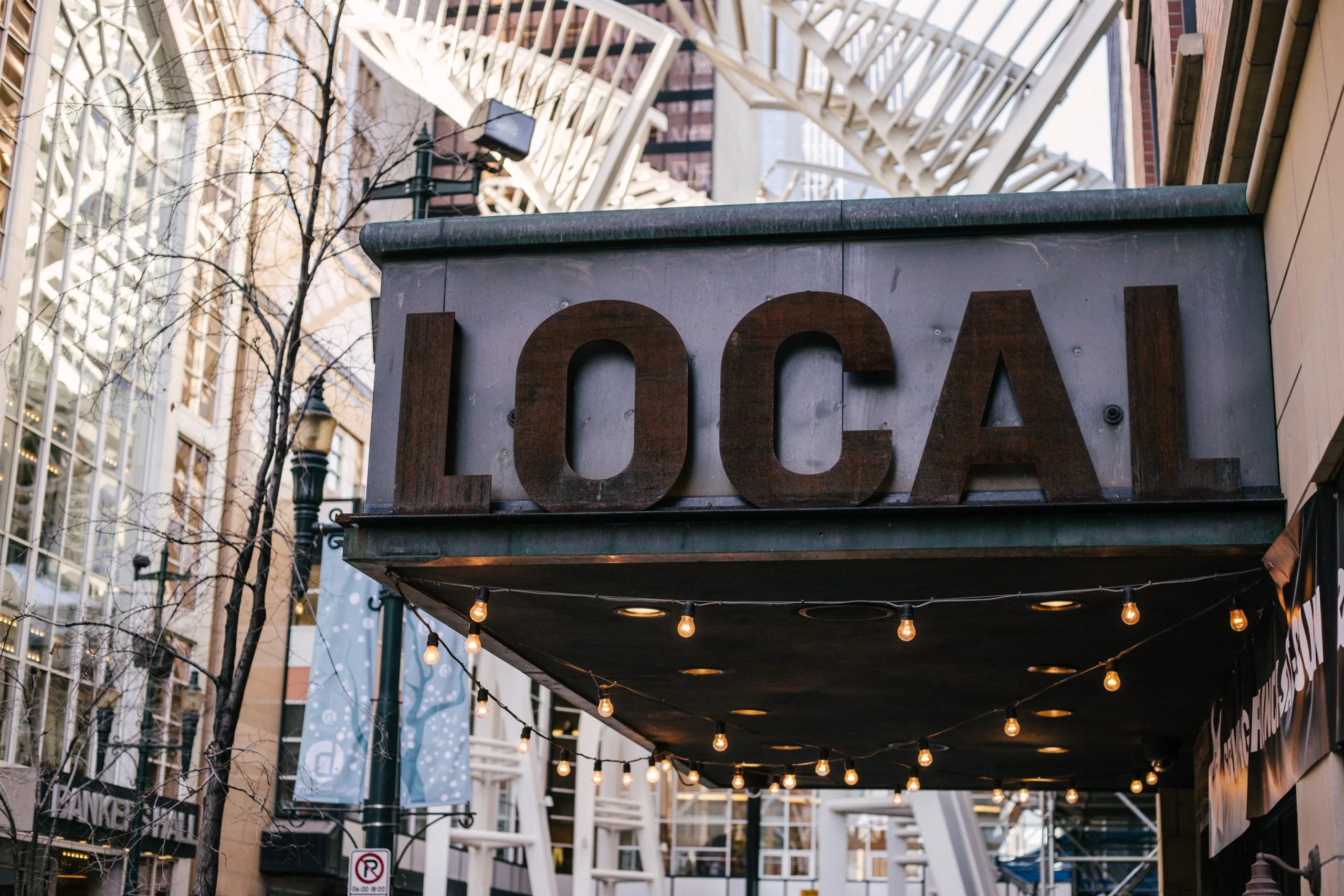The race to be next unicorn inspires thousands of entrepreneurs to pick up shop and move to Silicon Valley every year. And while the Bay Area is unquestionably the epicenter of the tech world, moving there doesn’t guarantee anything. In fact, its soaring cost of living and high turnover of residents makes starting and growing a company there a colossal challenge. That’s one reason why the movement for entrepreneurs to remain between the coasts is gaining momentum.
This trend hasn’t been lost on cities, universities, and local leaders, who are are actively creating funds and launching initiatives with the purpose of fostering environments where startups can grow, thrive, and eventually contribute back into the ecosystem.
Planting Seeds for a Future of Growth
Startups need to build deep, impactful connections within their communities to succeed long term. Sometimes that can be a problem in major tech hubs — these regions are so saturated with people and competition, many entrepreneurs feel isolated and without support during the stages they need it most.
However, entrepreneurs can get the best of both worlds by putting down roots in more affordable areas and simply hopping on a plane to access major tech hubs whenever necessary. By staying in the cities where they got their starts, entrepreneurs can embrace the opportunity to build their company’s presence, make their money go farther and deepen relationships within an already familiar ecosystem, especially with universities, established entrepreneurs and key community stakeholders.
These community stakeholders want to see startups flourish in their own backyards to pave the way for the next generation, and then the next. That’s why cities are increasingly focusing more of their economic development efforts on supporting entrepreneurs by creating funds and competitions with the promise of seed money for winners. Universities are creating incubators to help young leaders transition from idea to implementation. On top of that, investors are jumping in the game.
Raising Money Locally Makes Entrepreneurs More Attractive Globally
By staying local, another key group startups can deepen relationships with are local investors. The majority of startups can only bootstrap for so long before they need to seek funding, which is why it’s helpful for a startup to mature in an environment where they have made meaningful connections and where key business leaders and investors have observed their growth. These relationships may seem more valuable for entrepreneurs to make. After all, they’re the ones seeking investment. But in actuality, the benefit goes both ways.
Besides wanting to support and invest in promising startups for their own monetary gain, local investors have another incentive to get involved with the startups percolating in their backyard — the positive impact they can make on their communities. Investing out-of-state means many returns also stay out-of-state. By prioritizing their investments to high potential startups in their region, investors are directly and positively impacting the area in which they live.
When outside investors find startups buoyed by community support, they see stability and longevity — two important characteristics that make startups more appealing to invest in. Take, for instance, Steve Case’s “Rise of the Rest” bus tours, which encourage entrepreneurship across the country and specifically outside the major tech hubs. This initiative, with the involvement of big name investors like Jeff Bezos and Eric Schmidt, recently closed a $150 million seed fund specifically to invest in cities that have been historically overlooked. As cities establish and grow their own entrepreneurial ecosystems, investors from elsewhere can’t help but want to get involved.
Stepping Up to Raise Up Entrepreneurial Ecosystems
When all hands are on deck, through a continuous commitment to one another, the flywheel model of a community carry begins to gain momentum. The more engaged academic institutions are, the more involved key community partners become, and the more committed local investors are, the more likely startups will be set up to succeed. With this support helping startups thrive, the more the local workforce benefits and the economy will grow. Eventually, more local investments will be made and the circular model will strengthen.
But a community carry only works when the startups who benefited from the model take steps to contribute as well. No matter the stage in the cycle, there are a number of ways entrepreneurs and their teams can boost the vitality of their city’s ecosystem. This includes hiring from the local workforce, being a mentor to share lessons learned with those coming up next and choosing local vendors when possible. It also means prioritizing volunteerism and philanthropy, and eventually investing in other startups.
Silicon Valley will always be a major draw for entrepreneurs. But with major investors looking to expand their reach and reduce their risk, entrepreneurs could benefit from marinating in their local ecosystems and presenting themselves to investors as the growth drivers within their local ecosystem.







